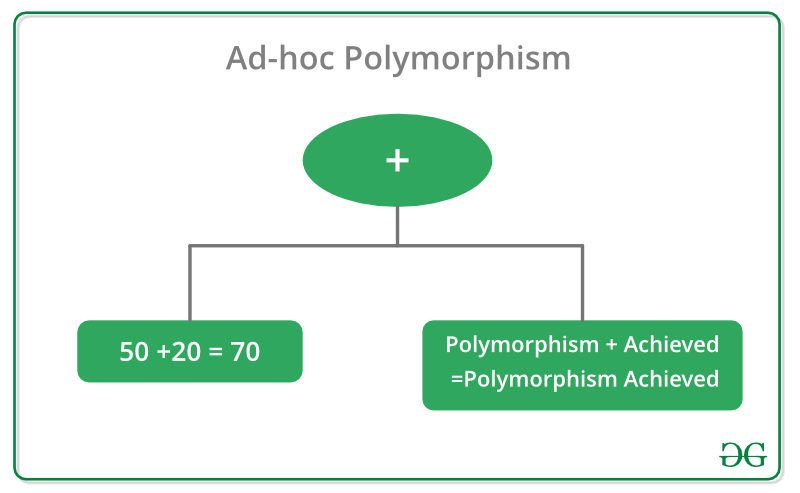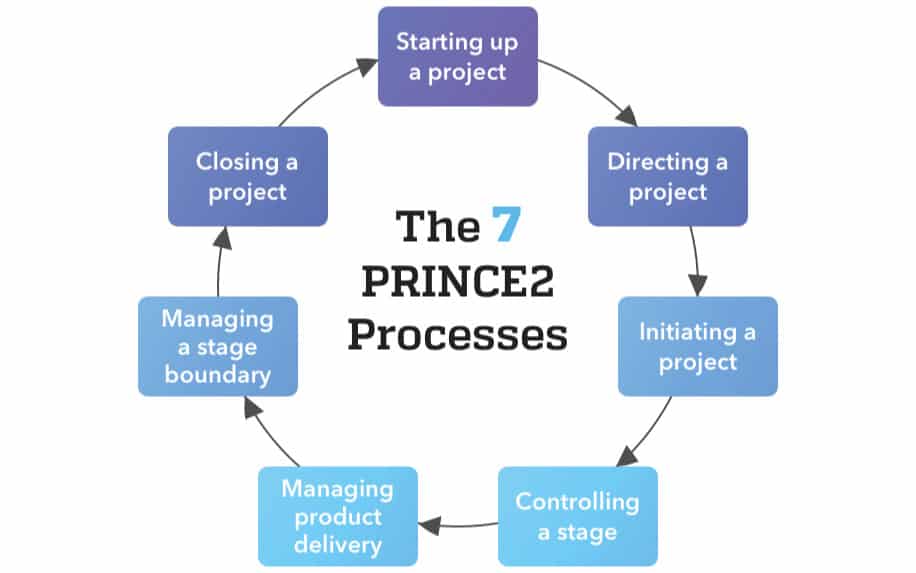
As a human resources specialist, you'll have a wide variety of responsibilities, which means you need to be able to work with many different types of people. You will have to feel comfortable with both senior executives as well as entry-level employees. This position requires attention to detail and the ability keep track of large amounts information every day. This is because your decisions will impact the daily life of others and you'll need to be able evaluate options.
A human resources specialist's job duties
A lot of human resources specialists are needed to offer support and advice to managers. These specialists assist with worker's compensation, FMLA and employee relations issues. A human resources specialist may also be responsible for processing applicant tracking and new hire paperwork, ensuring that all required documentation is correct and up-to-date. As a result, this job role requires a high level of communication skills. Other duties for a human resources specialist include maintaining employee records or databases, preparing and giving reports, and helping with the preparation of a company’s financial plan.
Human resources specialists need to be knowledgeable in labor law and capable of making recommendations about the best ways to run an organisation. They must also be familiar with company policies and ensure they are followed. They can also address employee concerns and offer advice about how to keep and attract top employees. Lastly, they prepare orientation materials for new recruits, and must keep records of all HR paperwork.

What are the requirements to be a human resource specialist?
For those interested in becoming a human resources specialist, there are a number of education requirements. An undergraduate degree is sufficient to give you basic knowledge, but an MBA program focusing on human resources will equip you with more in-depth skills and knowledge. An MBA degree is preferred by many employers because it combines business knowledge and strong critical thinking skills. A MBA degree allows you to explore any industry you choose and gives you more knowledge and experience.
You must be able to communicate and interact well with others to succeed as a Human Resources Specialist. You must be able to listen to employees, job applicants, and other stakeholders in order to provide the best possible services. Also, you must be able deal with conflict and dispute effectively.
For a human resource specialist, career options
A human resources specialist can choose from many career paths. These include payroll, engagement and recruiting, leave of absenteeism, diversity, inclusion, recruitment and benefits. It all depends on your personal interests. There are many options in this field. Understanding them will help guide you to the best path for your career.
One career in human resources may include work in multiple departments. Some HR specialists are generalists, which means they have broad responsibilities that are vital to a company's operations. But, larger companies often hire HR specialists to concentrate on a particular area like labor relations.

The Human Resources Specialist is generally the link between employees and managers. They will also handle employee grievances, negotiate contracts, and bring new recruits up to speed.
FAQ
What does the term "project management” mean?
Management is the act of managing activities in order to complete a project.
This includes defining the scope, identifying the requirements and preparing the budget. We also organize the project team, schedule the work, monitor progress, evaluate results, and close the project.
Why is it important that companies use project management methods?
To ensure projects run smoothly and meet deadlines, project management techniques are employed.
This is because most businesses rely heavily on project work to produce goods and services.
These projects require companies to be efficient and effective managers.
Companies can lose time, money, and reputation if they don't have a good project management system.
What are the five management process?
Planning, execution, monitoring and review are the five stages of any business.
Planning is about setting goals for your future. Planning involves defining your goals and how to get there.
Execution occurs when you actually carry out the plans. They must be followed by all parties.
Monitoring allows you to monitor your progress towards achieving your goals. Regular reviews should be done of your performance against targets or budgets.
Each year, reviews are held at the end. They allow for an assessment of whether all went well throughout the year. If not there are changes that can be made to improve the performance next year.
Evaluation takes place after the annual review. It helps identify which aspects worked well and which didn't. It also provides feedback regarding how people performed.
What is Kaizen?
Kaizen is a Japanese term meaning "continuous improvement." It is a philosophy that encourages employees to constantly look for ways to improve their work environment.
Kaizen is built on the belief that everyone should be able do their jobs well.
What are management concepts?
Management Concepts are the management principles and practices that managers use in managing people and resources. They cover topics like job descriptions (job descriptions), performance evaluations, training programmes, employee motivation and compensation systems.
Statistics
- The BLS says that financial services jobs like banking are expected to grow 4% by 2030, about as fast as the national average. (wgu.edu)
- The profession is expected to grow 7% by 2028, a bit faster than the national average. (wgu.edu)
- Hire the top business lawyers and save up to 60% on legal fees (upcounsel.com)
- 100% of the courses are offered online, and no campus visits are required — a big time-saver for you. (online.uc.edu)
- This field is expected to grow about 7% by 2028, a bit faster than the national average for job growth. (wgu.edu)
External Links
How To
How can you create a Quality Management Plan, (QMP)?
QMP (Quality Management Plan) is a system to improve products and services by implementing continuous improvement. It is about how to continually measure, analyze, control, improve, and maintain customer satisfaction.
QMP is a common method to ensure business performance. QMP is a standard method that improves the production process, service delivery, customer relationship, and overall business performance. QMPs should address all three dimensions: Products, Services, and processes. If the QMP focuses on one aspect, it is called "Process." QMP. QMPs that focus on a Product/Service are known as "Product" QMPs. If the QMP focuses on Customer Relationships, it's called a "Product" QMP.
Scope, Strategy and the Implementation of a QMP are the two major elements. These are the following:
Scope: This is the scope of the QMP and its duration. For example, if you want to implement a QMP that lasts six months, then this scope will outline the activities done during the first six.
Strategy: This is the description of the steps taken to achieve goals.
A typical QMP comprises five phases: Planning and Design, Development, Construction, Implementation, Maintenance. The following describes each phase.
Planning: In this stage, the objectives of the QMP are identified and prioritized. In order to fully understand and meet the needs of all stakeholders involved in this project, they are consulted. After identifying the objectives, priorities, and stakeholder involvement, the next step is to develop the strategy for achieving these objectives.
Design: This stage is where the design team creates the vision, mission and strategies necessary for successful implementation of QMP. These strategies are implemented by the development of detailed plans and procedures.
Development: The development team is responsible for building the resources and capabilities necessary to implement the QMP effectively.
Implementation: This involves the actual implementation of the QMP using the planned strategies.
Maintenance: This is an ongoing process to maintain the QMP over time.
The QMP must also include several other items:
Stakeholder involvement is important for the QMP's success. They need to be actively involved in the planning, design, development, implementation, and maintenance stages of the QMP.
Project Initiation - A clear understanding of the problem statement, and the solution is necessary for any project to be initiated. In other words, the initiator needs to know why they want to do something and what they expect from the outcome.
Time Frame: This is a critical aspect of the QMP. The simplest version can be used if the QMP is only being implemented for a short time. However, if you have a long-term commitment, you may require more elaborate versions.
Cost Estimation - Cost estimation is an important part of the QMP. It is impossible to plan without knowing what you will spend. It is therefore important to calculate the cost before you start the QMP.
QMPs are not only a document, but also a living document. This is the most important aspect of QMPs. It is constantly changing as the company changes. It should be reviewed on a regular basis to ensure that it is still meeting the company's needs.